Vytautas Bacevičius: Orchestral Music
The Lithuanian pianist and composer Vytautas Bacevičius (1905-70) is one of the undiscovered radicals of the twentieth century. The early works on this CD show him finding his voice, as in the First Piano Concerto, with its echoes of Scriabin, and the Poème électrique, cast in the 'machinist’ aesthetic in vogue in the 1920s and ’30s. The programmatic Second Symphony depicts the onset of the Second World War which Bacevičius, desperately anxious about his family in Poland and Lithuania, followed from his exile in the New World. And the late Sixth Symphony and Graphique, which show a kaleidoscopic, pointilliste use of orchestral colour, boiling with violent energy, point to an entirely new musical language.
Aidas Puodžiukas, piano
Lithuanian State Symphony Orchestra, orchestra
Vytautas Lukočius, conductor
Martynas Staškus, conductor
Listen To This Recording:
- Poème Électrique (1932)
- Concerto No. 1 for Piano and Orchestra, Sur les thèmes lituaniens (1929)
- I. Allegro
- II. Andante funebre
- III. Allegro molto
- Symphony No. 6, Cosmique (1960)
- Graphique (1964)
Symphony No. 2, Della Guerra (1940)
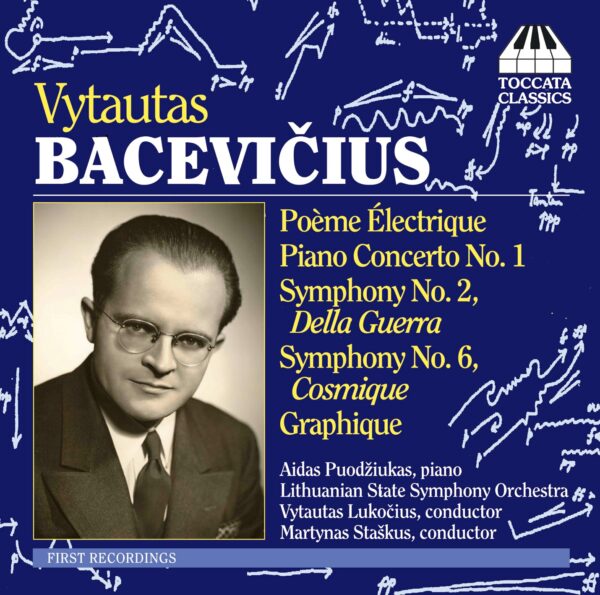
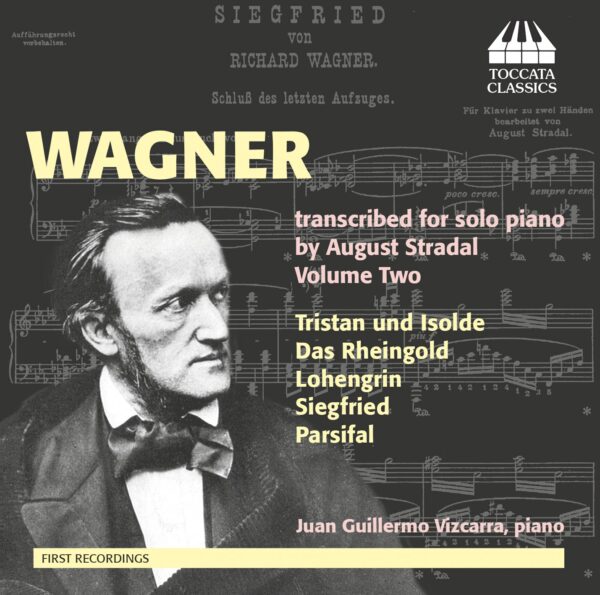
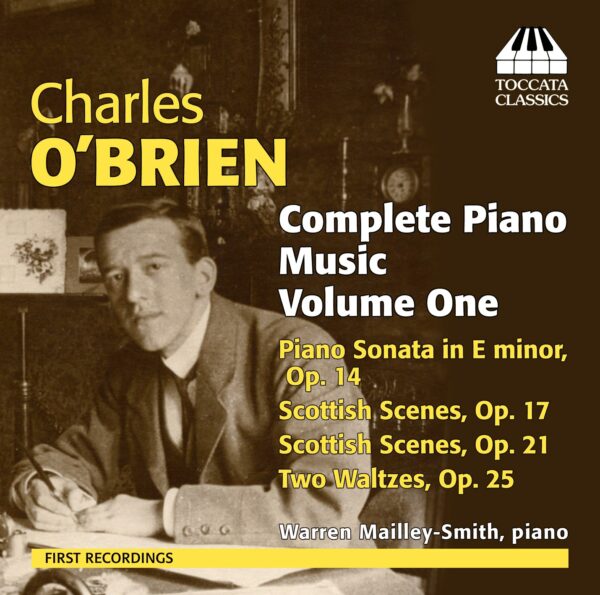
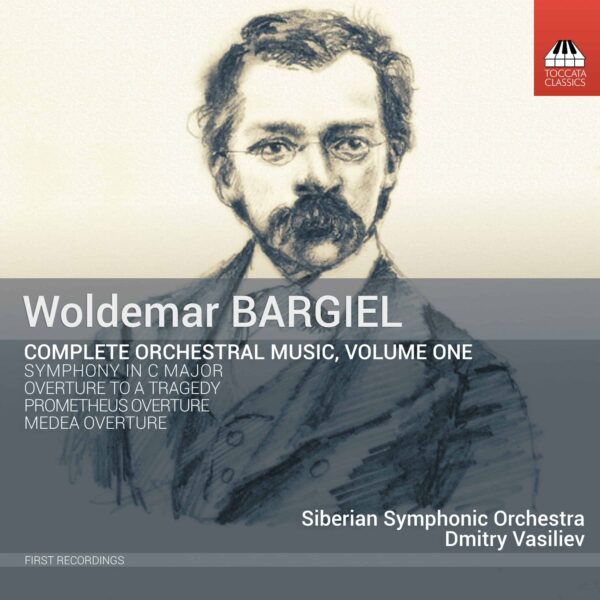
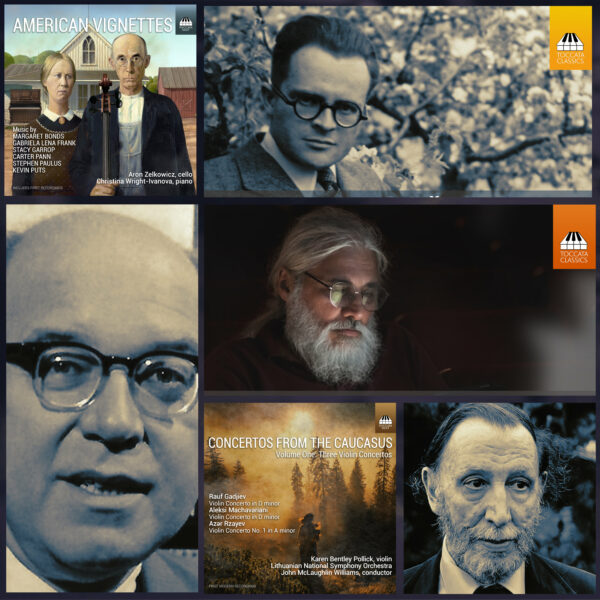
Gramophone :
‘When the Second World War overtook Lithuania and Poland in 1939, Bacevicius was on tour in South America and he remained an exile (mostly in the US) until his death in 1970. The programmatic Second Symphony (1940) records his feelings at the invasion of his homelands in a simplified musical language, conceived (unsuccessfully) for America, that failed to secure attention. In the late 1950s he returned to a more advanced style, a “cosmic music” (of the inner cosmos of Man rather than Space), represented here by the turbulent Sixth Symphony (1960) and brilliant Graphique (1964) – the latter in particular showing what a fine composer Bacevicius was at his best. These fine performances and recordings (from 2003‑05) give this colourful music the best possible platform.’
—Guy Rickards, Gramophone
The Guardian :
‘The performances, with the conducting honours shared between Vytautas Lukocius and Martynas Staskus, are first rate. Aidas Puodziukas is the hard-hitting soloist in the Concerto.’
—Tim Ashley, The Guardian
MusicWeb International :
‘ was immediately struck by the power and originality of what I heard and wondered how on earth this could have been the first time I had had the opportunity to hear any of these works. […]
The performances here are all first rate and as committed as anyone could wish. […] All produce musical and exciting results and offer the best possible advocacy for this unjustly neglected music. […]
The recording is excellent, allowing the detail, colour and complexity of this fascinating music to come through[…]
For anyone remotely interested in Eastern European Music and particularly from between the wars, this is a ‘must have’. Like me you will, I am sure, make a wonderful discovery.’
—Derek Warby, MusicWeb International
Arts & Culture :
‘It’s an excellent sound. The Second Symphony, Della Guerra (“of the war”) couldn’t be clearer in its stark expression of anger and anxiety a the Eruopean folly. […]
We were struck by the depth of passionate feeling running through both the music and the performances…’
— Arts & Culture 9 July 2007
AllMusic :
‘Once you think the resources of the early twentieth century avant-garde have finally been exhausted, then someone else pulls up the corner of a page of forgotten music and delivers yet another historical salvo. […]
The Poème électrique (1932) reaches out and grabs the listener from the collar from the very beginning; […]
[The Piano Concerto No. 1] is rich with a variety of striking colors and wide-ranging dynamics. […]
For those interested in the byways of twentieth century who enjoy music that challenges, but never bores, Toccata Classics’ Bacevicius: Orchestral Music should be first priority. […] too bad Frank Zappa didn’t live to hear this composer.’
—Uncle Dave Lewis, AllMusic
Classics Today :
‘It says something for Bacevicius’ strong point of view that the music remains recognizably his own, and you may find that it grows on you. Certainly the performances are strong ones, and what rawness there is in the orchestra’s brass section clearly works to the music’s advantage. Bacevicius was a real questing spirit, and he’s worth getting to know, particularly for the Second Symphony.’
—David Hurwitz, Classics Today
Music & Vision :
‘Beginning with early works and proceeding to the very latest, the selection of works is itself excellent. […]
It is with the later works that Bacevicius achieved what he had been seeking. It is preposterous that he did not hear these works performed far and wide, for they certainly capture the zeitgeist of the time and are profound contributions to the sonic world. […]
The performances here are first-rate and completely professional. There is not a misstep or irregularity and the musicians have delved deeply into the nature of the music. […]
Bacevicius was a real composer, whose music should appeal to those who want to hear of the more difficult questions and problems of life. […]
if you want to hear the reflections of a man whose life was difficult, harsh, perhaps even depressing and who tried to find meaning and significance in these outward matters in order to convert them into an inner reflecting life of sound, then try these pieces by Bacevicius. He had much to say and said it very well.’
—Gordon Rumson, Music & Vision